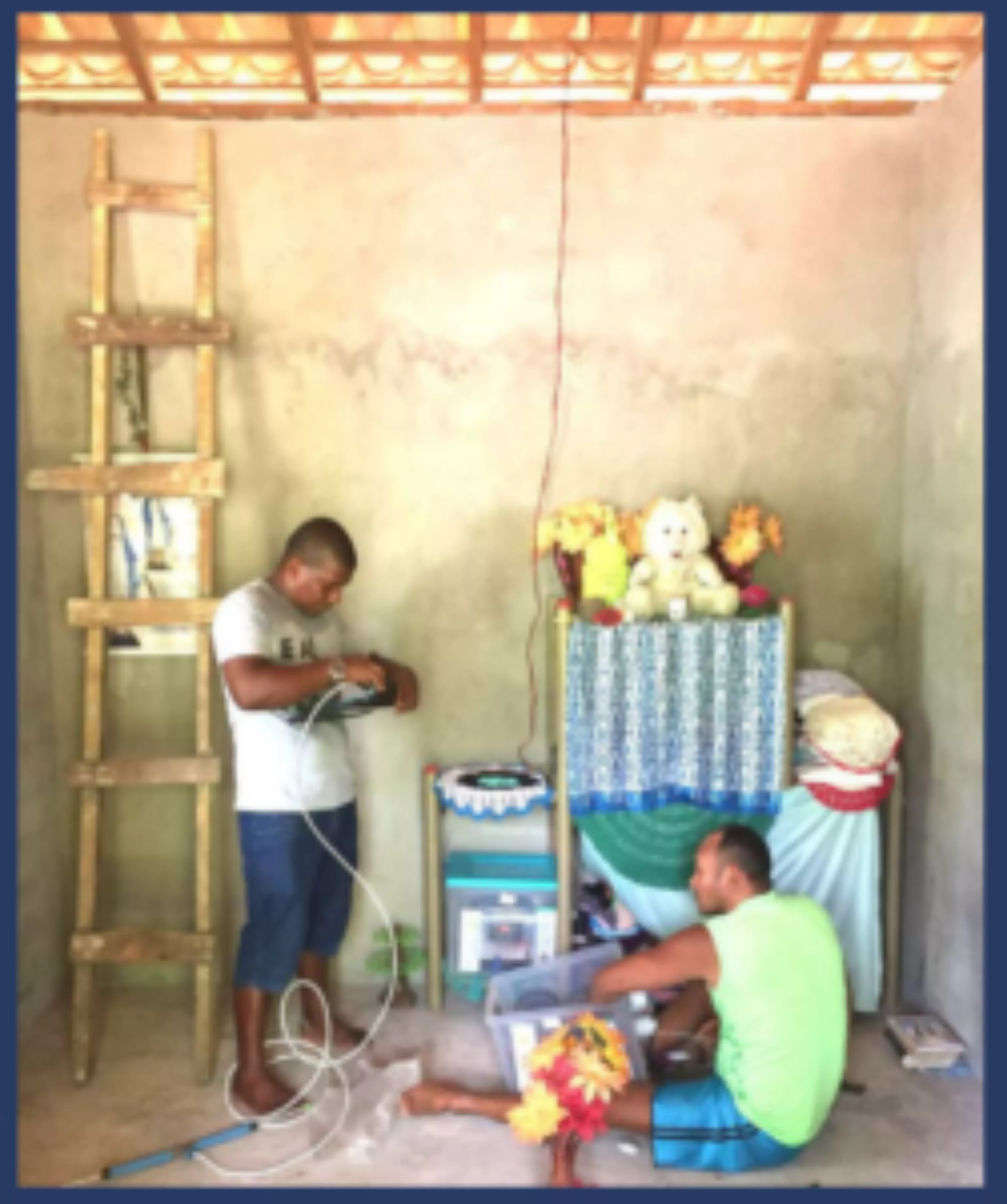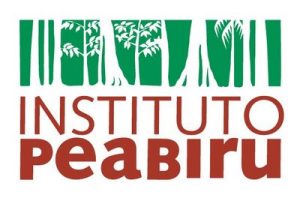As part of its 2022 thematic campaign on sustainable construction in Latin America, the setec Foundation is supporting a project to install sustainable energy infrastructure to empower an Amazonian community in Brazil.
The association
The Peabiru Institute’s mission is to encourage the protagonism of social groups in Amazonia in order to promote full access to their fundamental rights. It has been working towards this goal for 23 years, managing dozens of initiatives in the Brazilian Amazon region in conjunction with a wide range of partners in the voluntary sector, the private sector and research.
For this project, the Peabiru Institute is accompanied by a technical partner, IDEAAS (Instituto para Desenvolvimento de Energias Alternativas e da Auto Sustentabilidade) and a research partner, the Federal University of Parà.
The context
The Quilombola d’Africa and Laranjituba territory, where the project is taking place, is located in the eastern Amazon, in the Grand Belem region of Brazil. This region of Brazil is characterised by a large number of rural families (over 20,000), with high illiteracy rates and poor access to drinking water, communications, health services and electricity. Brazil’s public services are currently unable to provide permanent and sustainable services in these rural regions, for people who are often isolated from urban networks.
Against this backdrop of precarious basic services, the communities of the Quilombola d’Africa and Laranjituba regions are all the more excluded because they are descendants of the black slave populations that have lived in the area since 1717, and are victims of discrimination, particularly in the labour market. As the Brazilian government has no inclusive public policy in their favour, it was to compensate for this lack of economic opportunity that the Peabiru Institute proposed an energy autonomy and water security project for the community’s 93 families.
The project
The aims
The aim of the ‘Quilombo Solar’ project is to improve the quality of life in Quilombola d’Afrique and Laranjituba through greater energy autonomy and water security. The community’s energy autonomy will be used to produce cassava and açai by-products, creating an income-generating activity for the local population.
The activities
The project’s activities consist, firstly, of applying the participatory methodology that defines it to carry out a diagnosis of demand by the members of the community themselves.
Next, a plan for energy autonomy and water security will be drawn up with the project’s partners, the Federal University of Parà and IDEAAS, which will propose a sustainable water and energy supply system in stages.
Based on this self-sufficiency plan, the various materials will be acquired by the Peabiru Institute for the community, and assembled with the beneficiaries. The final stage will be the installation of the community water and energy systems.
- The community water supply and treatment system will consist of a unit of solar water pumping and filtering systems (10,000 litres/day each).
- The energy system will consist of ten units of solar home systems (SSHS equipment developed by partner IDEAAS adapted to local conditions of extreme heat and humidity) for lighting, communication and a lamp to keep bats away. This equipment will be installed in the planned community spaces (common use areas, school, flour house, craft shed, public baths).
- The production support system, for raw material processing activities, will consist of a solar-powered freezer unit with batteries for storing açai and fruit, and a solar-powered açai pulper unit without batteries.
Sustainable construction
The setec Foundation is supporting the Quilombo Solar project as part of the sustainable empowerment of the Quitasol community. This project contributes to the three targets of Sustainable Development Goal (SDG) 7: ensuring universal access to energy services (7.1), increasing the share of renewable energy in the energy mix (7.2) and improving energy efficiency (7.3).
The installation of solar-powered infrastructure will ensure the sustainability of the new activities that will result from this project, and therefore new sources of income for the community.
This project is sponsored and supported by Hidrobrasiliera, the Brazilian subsidiary of the setec group. Its employees, based in Sao Paolo, will be involved in monitoring the project by visiting the site to talk to the community and help install the various components.

